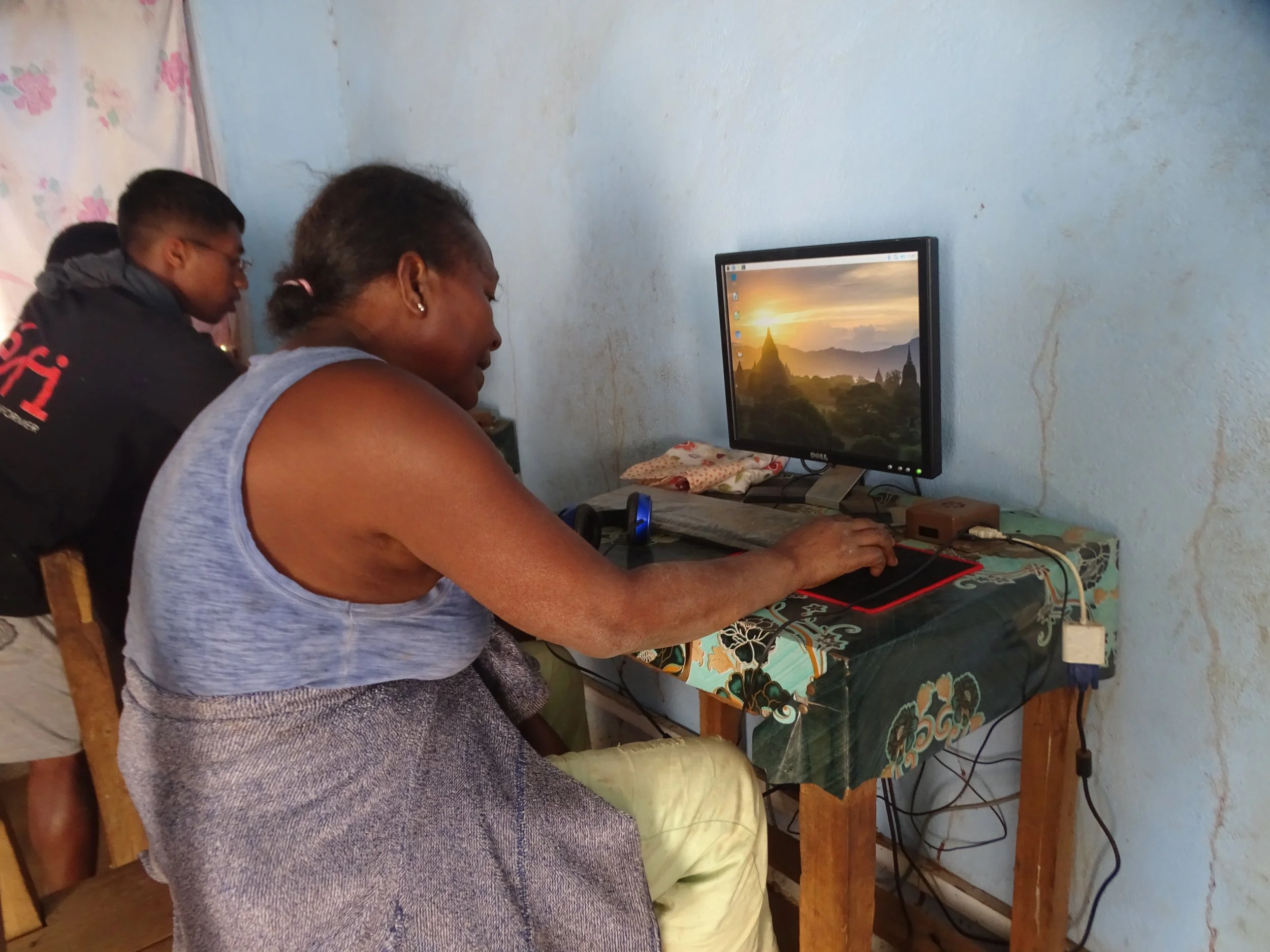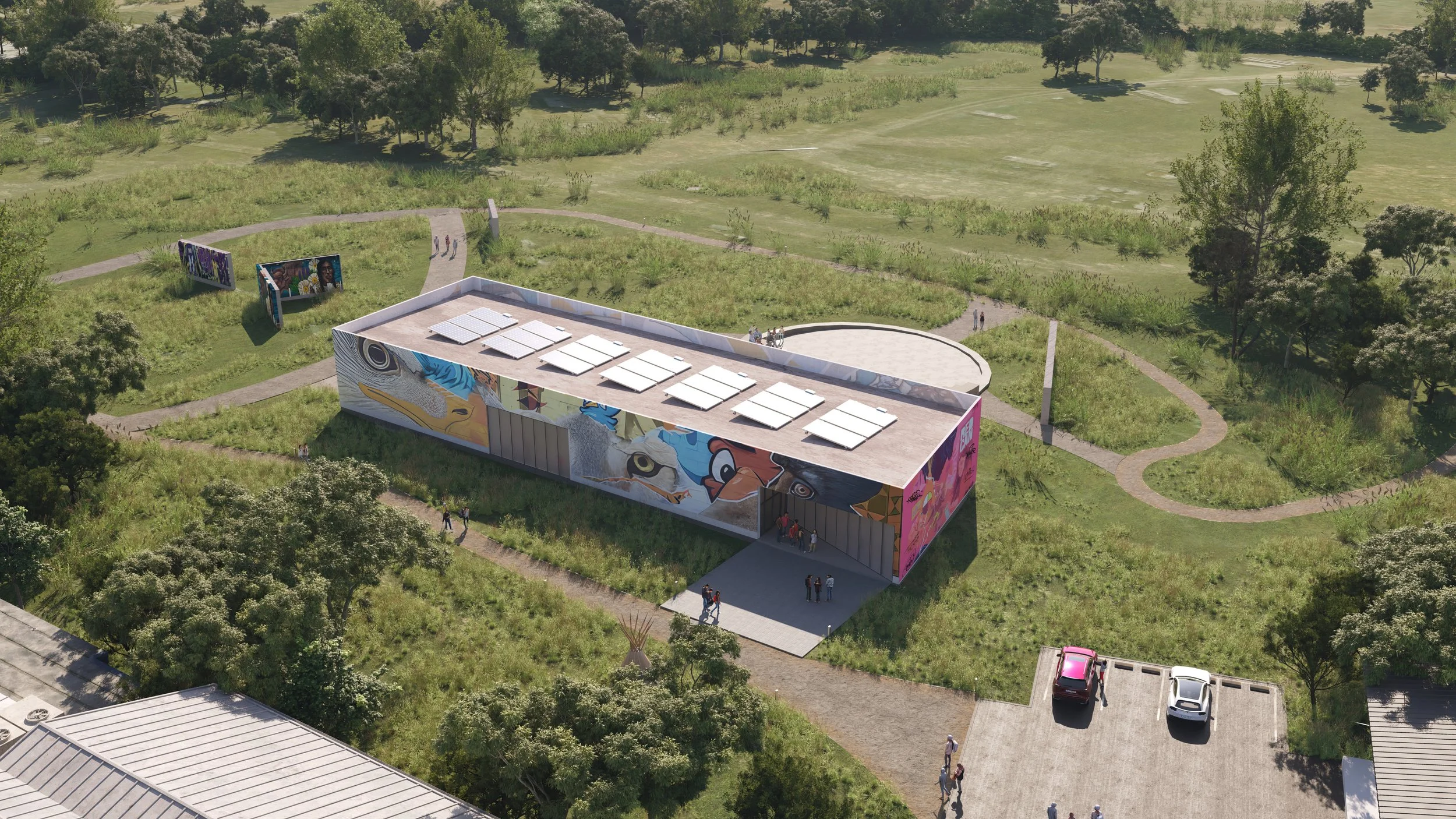Impact Spotlight
Bringing access to digital education and vocational training to 700 youth and women
Training local women as solar technicians and community leaders
Supporting economic development and environmental resilience
About
In Maroviro, a landlocked village in the Amoron’i Mania region, 94% of residents live in poverty, and nearly all lack access to electricity or reliable digital infrastructure. Women and girls face persistent barriers to education, income, and civic participation. With limited public investment and geographic isolation, the government has historically excluded Maroviro from national development efforts. MAMAFI is changing that—working alongside community members to expand opportunity through local partnerships, solar-powered infrastructure, and intergenerational empowerment.
MAMAFI (Malagasy Mamafy Fahombiazana Iraisana) empowers rural communities in Madagascar through community-led, inclusive development rooted in clean energy access, women’s leadership, and digital literacy. Their work centers on long-term social and economic transformation by connecting underserved communities to education, entrepreneurship, and solar-powered technology.
“Thanks to the Solar Digital Empowerment in Landlocked Areas project, communities are no longer left behind. Women become leaders, learn to manage technology and support their families. We build our future through the sun.”
HF Partnership
Through the Solar Digital Empowerment initiative, MAMAFI will launch a solar-powered Community Information Center (CIC) in rural Madagascar, providing stable and sustainable electricity using rooftop photovoltaic panels and battery storage. The CIC will house a self-learning digital platform with four client stations and a local server, offering training in IT, agriculture, and entrepreneurship. The project focuses on empowering local women, who will receive training in both solar system maintenance and digital education delivery. Local university students and energy technicians will support implementation, ensuring the infrastructure is resilient and community-managed. The center will serve as both a hub for learning and a model of climate-resilient, inclusive development for Madagascar’s off-grid regions.
Resources
In the News









